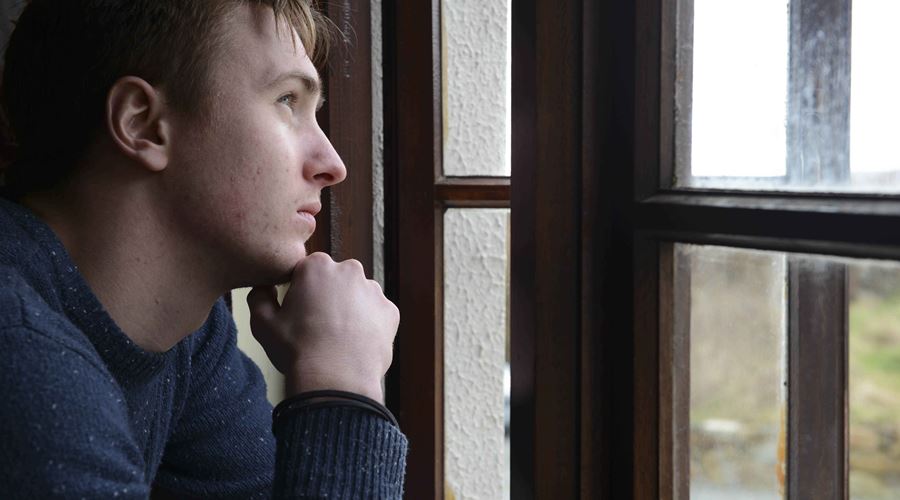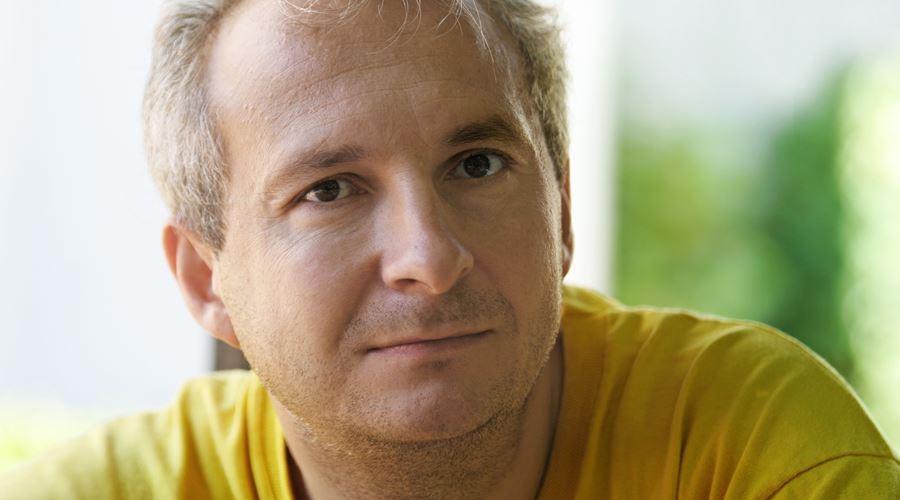- Home
- Info & Support
- Treatment & Support
- Current: Just Been Diagnosed?
Do you need urgent help?
If you need to speak to someone right now, here are some confidential options which provide 24/7 support. If you're worried you might hurt yourself or someone else, please call 999, or go to your nearest A and E.
Childline
Helps anyone under 19 in the UK with any issue they’re going through. Childline is free, confidential and available any time, day or night.
0800 1111Samaritans
24 hours a day, 365 days a year. You don't have to be suicidal to call us
Just Been Diagnosed?
If you've just been diagnosed with a mental health condition, you might have a lot of feelings and questions about what will happen next. Read our guide on diagnosing mental health conditions.
How are mental illnesses diagnosed?
Mental health issues are diagnosed in a different way to physical health problems. Doctors can’t do a blood test or take a sample to find out whether you are ill.
They are diagnosed by looking at a combination of different things.
- Symptoms – the feelings and behaviours you have been experiencing and whether these are normal for us.
- The length of time you have been experiencing symptoms.
- The impact these symptoms are having on your life.
- Physical tests might also be done to make sure that symptoms are not due to a physical health problem.
If you are worried about your mental health, the first step is to go to your doctor (GP). Doctors can diagnose some common mental health issues If they think you need input from a specialist then you will usually be referred to a mental health professional, such as a psychiatrist.
You may also have been diagnosed with a mental health issue after a crisis period, for example, when you have been admitted to hospital, either voluntarily or involuntarily (what people sometimes refer to as, “sectioning”). Read more about hospital admission and the Mental Health Order (Northern Ireland) 1986 here.
A doctor or mental health professional may make a diagnosis by:
- asking you questions about your symptoms and events in your life,
- looking at your medical history, and
- asking you to complete forms or questionnaires.
They may want to see you more than once over a period of time to monitor your symptoms. The diagnosis you are given is usually the one that is the best fit for your symptoms and experiences. If these change, you may be given a different diagnosis.
I’ve just been diagnosed with a mental illness
Not all of us feel the same way about getting a diagnosis.
- We might feel relieved that there is a name for our experiences or that we are not the only one feeling that way.
- We might feel positive about getting the right treatment.
- We might feel that a diagnosis is too simplistic for us. We might prefer not to have a label given to our experiences.
- We might feel unhappy or angry about the diagnosis we have been given.
- We might feel concerned about the reactions of other people and worried about stigma.
- We might also feel worried about how a diagnosis is going to affect our lives; for example our relationships, our school or college life, or our job.
- We might not feel as if it is very important to us whether we have a diagnosis or not.
We might feel more than one of these emotions at once. This can be really confusing – but there are lots of places you can turn to for support.
Where can I get support?
There are lots of ways you can get support.
- Talking to other people who have similar experiences can help. You could talk to people in a support group, or online.
- You might find it helpful to read more about a diagnosis. We have lots of information about specific diagnoses.
- Read our information on medication, therapy and recovery.
- You might also find it helpful to read more about how you can help yourself.
- You might want to make another appointment with your doctor to ask any questions and talk about next steps.
- Talking to friends or family can sometimes help too. They might like to look at our page on supporting someone with a mental illness.
- If you are at school, college or university you might want to talk to a trusted teacher or tutor about your diagnoses and how they can support you. You can also download the Mind Your Head booklet, which talks more about student mental health.
- Change your Mind has more information about tackling mental health stigma.
I don’t agree with my diagnosis
You might not think that our doctor or mental health professional has given you the right diagnosis. Find out more about how to challenge a diagnosis and ask for a second opinion.








